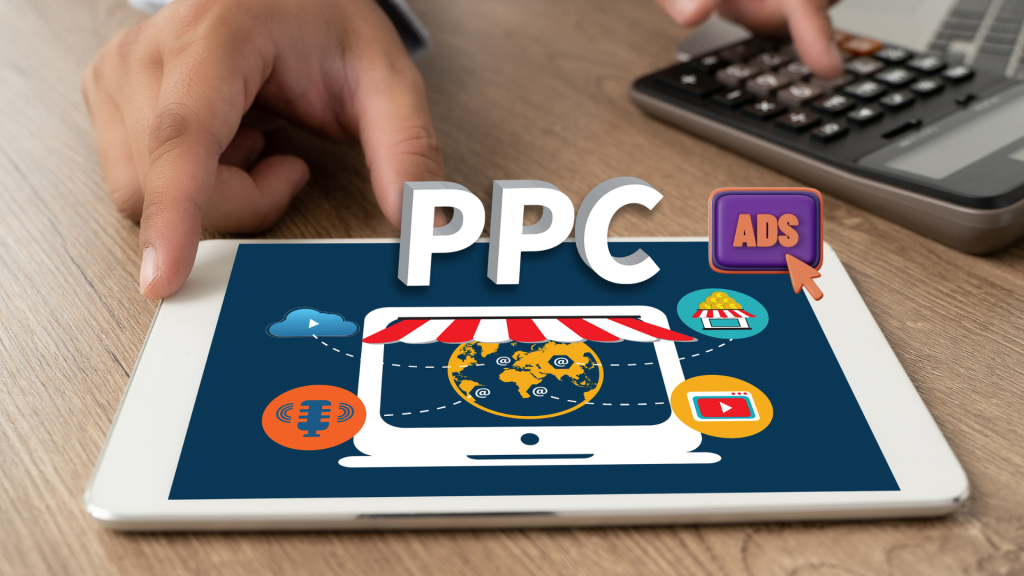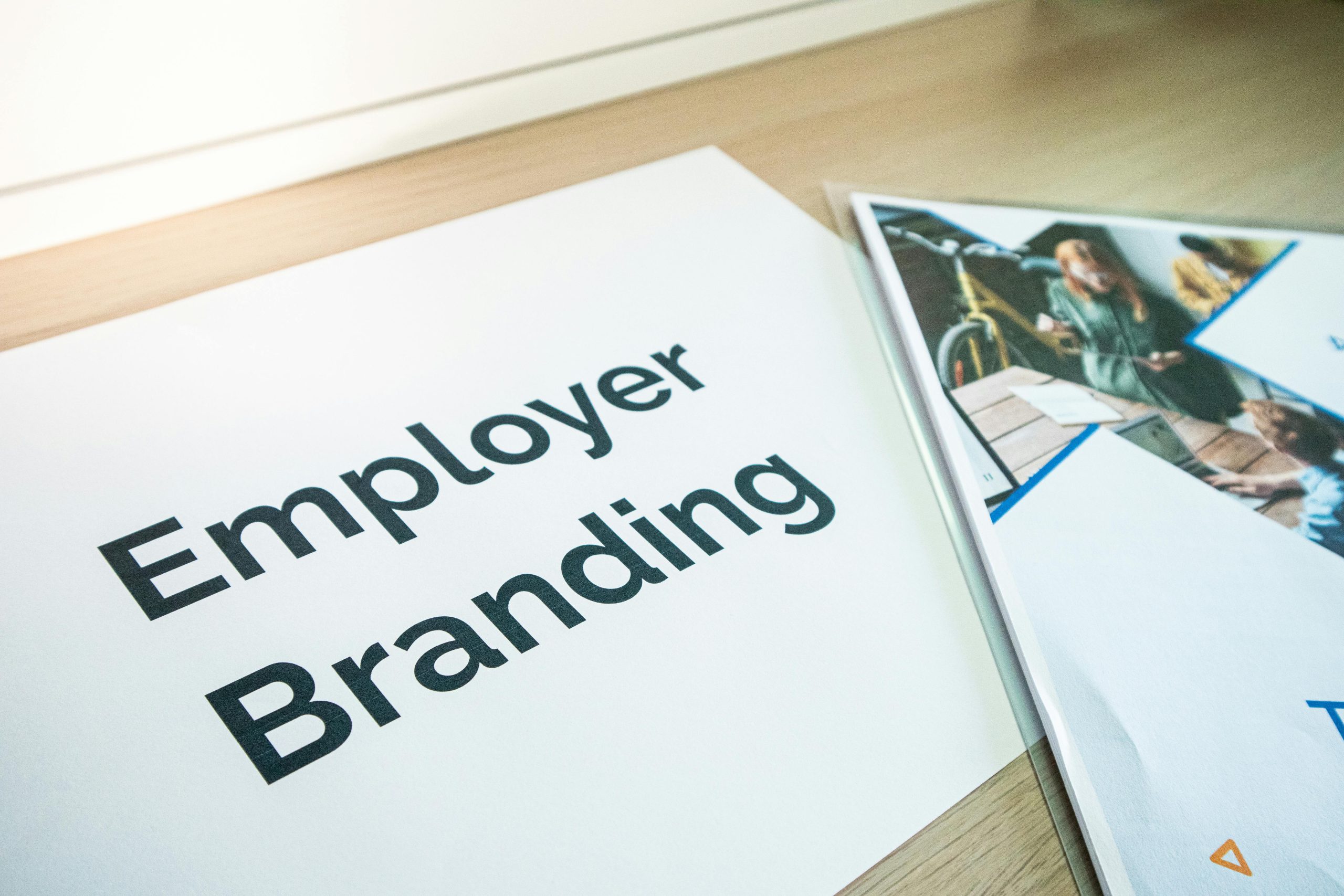Table of Contents
Pay-Per-Click (PPC) advertising is one of the most effective ways to drive traffic and generate leads, but it can also become expensive if not managed carefully. The challenge many marketers face is not knowing how to reduce PPC costs without sacrificing performance. Thankfully, there are several strategies you can implement to optimize your ad campaigns, ensuring you get the best return on investment (ROI) while keeping your expenses under control.
In this article, we will explore actionable techniques that can help you reduce PPC costs, maintain visibility, and achieve high-converting results without blowing your budget.
Optimize your Keyword Selection to Reduce PPC Costs
The first step in reducing PPC costs is refining your keyword strategy. Overbidding on high-competition keywords is a quick way to overspend. To keep costs down, you need to be strategic about the keywords you target.
Use Long-Tail Keywords: Long-tail keywords are less competitive and often cheaper than broad, high-traffic keywords. While they may have lower search volumes, they attract a more targeted and conversion-ready audience.
Implement Negative Keywords: Adding negative keywords prevents your ads from appearing in irrelevant searches, helping you avoid wasting money on clicks that are unlikely to convert. For instance, if you sell premium shoes, you might want to exclude terms like “cheap” or “discount.”
Refine Keyword Match Types: Use phrase match or exact match keywords instead of broad match. This will ensure that your ads are shown for more relevant searches, minimizing wasteful clicks and helping you reduce PPC costs.
Utilize Ad Scheduling and Geotargeting to Reduce PPC Costs
Another effective way to reduce PPC costs is through ad scheduling and geotargeting. These tools allow you to narrow the scope of when and where your ads are shown, ensuring that your budget is spent only on the most likely-to-convert users.
Ad Scheduling: Analyze your campaign data to determine when your target audience is most active. If your ads tend to perform better during specific times of the day or week, use ad scheduling to run your ads only during those peak times. Avoid showing ads when conversion rates are low to reduce PPC costs.
Geotargeting: Focus your ad spend on regions or locations where you’re more likely to generate conversions. If your business serves a specific area, ensure your ads are only shown to users in that geographic location, which will reduce irrelevant clicks and reduce PPC costs.
Improve your Quality Score to Reduce PPC Costs
Your Google Ads Quality Score directly influences your ad costs. A higher Quality Score can lead to lower cost-per-click (CPC) and better ad placement, making it a crucial factor in reducing PPC costs. Here’s how you can improve your Quality Score:
Increase the Ad Relevance: Make sure that your ad copy closely aligns with the keywords you’re targeting. The more relevant your ads are to a user’s search intent, the higher your Quality Score will be.
Optimize your Landing Pages: Google takes the quality of your landing pages into account when determining your Quality Score. Ensure your landing pages provide a seamless user experience, load quickly, and are highly relevant to the ads users clicked on.
Boost the Click-Through Rate (CTR): Ads with a higher CTR often receive a higher Quality Score. Test different ad variations to improve your CTR, focusing on compelling headlines, clear calls-to-action, and strong value propositions.
Perform A/B Testing to Reduce PPC Costs
A/B testing (also known as split testing) is a critical practice for optimizing ad performance and reducing wasteful spending. By testing various elements of your campaigns, you can identify the best-performing combinations and allocate your budget more effectively.
Test the Ad Copy: Experiment with different headlines, calls-to-action, and descriptions to see which variations drive the highest CTR and conversions.
Test Landing Pages: Your landing page is a critical component of the user experience. Test different layouts, messaging, and designs to determine which page structure converts better.
Test Bidding Strategies: Try different bidding strategies (such as manual CPC or automated bidding) to see which method delivers the best performance for your budget.
Leverage Automated Bidding to Reduce PPC Costs
Automated bidding uses machine learning to optimize your bids in real time, helping you make the most of your budget. Google Ads offers several automated bidding strategies designed to meet various goals, such as maximizing conversions or maintaining a target cost-per-acquisition (CPA).
Target CPA: This strategy helps you maintain a consistent CPA by automatically adjusting bids. This can reduce PPC costs by focusing on acquiring conversions at or below a specified cost.
Maximize Clicks: If driving traffic is your main goal, Google can automatically optimize your bids to get the maximum number of clicks for your budget.
Enhanced CPC (eCPC): This strategy adjusts your bids in real time to increase the likelihood of conversions while keeping the CPC within your budget.
Use Remarketing to Reduce PPC Costs
Remarketing is an effective way to engage with users who have already shown interest in your products or services. Since these users are already familiar with your brand, they are more likely to convert, often at a lower cost per acquisition.
Target Engaged Visitors: Create remarketing lists based on user actions, such as those who visited key pages or added items to their cart. These high-intent users are more likely to convert, which can help reduce PPC costs.
Tailor Ad Messaging: Customize your remarketing ads to address the specific actions users have taken, such as offering a discount to users who abandoned their cart.
Build Custom Audiences: Use data from your website or app to build custom audiences and retarget users who have engaged with your content.
Monitor and Optimize to Continuously Reduce PPC Costs
Continuous optimization is key to reducing PPC costs over time. Regularly reviewing campaign performance and making adjustments based on data will help ensure you’re not wasting your budget on underperforming ads.
Pause Low-Performing Ads: If certain ads or keywords aren’t delivering results, pause or remove them to focus your budget on top performers.
Adjust Bids Based on Performance: Allocate more of your budget to high-converting keywords and ads, while reducing bids on those with lower performance.
Regularly Review Campaign Data: Set up weekly or monthly reviews to analyze performance metrics, such as the CTR, CPC, and conversion rate, to identify trends and areas for improvement.
How to Reduce PPC Costs Without Losing Performance: Conclusion
Reducing PPC costs while maintaining performance is achievable with a strategic approach. By optimizing your keyword strategy, improving your Quality Score, leveraging ad scheduling, testing different elements, using automated bidding, and remarketing, you can lower your advertising spending while achieving better results. Implement these practices into your campaign management process and continuously monitor performance to ensure long-term success in reducing PPC costs without sacrificing performance.
Need help with PPC? Contact us today!





